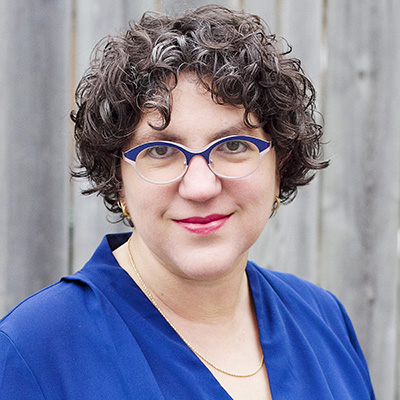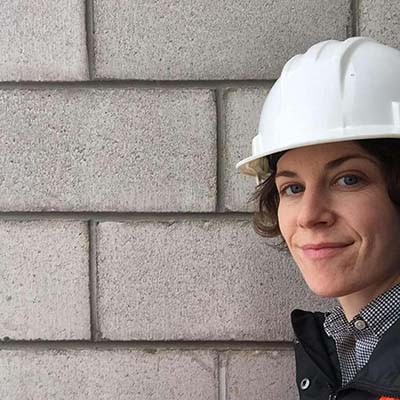A degree from the School of the Environment provided our grads with the foundation on which they built fascinating and meaningful careers. While their paths are varied, their commitment to sustainability, social justice, and positive change brings them together. Read their stories and find out where the School can take you.

Farida Abdelmeguied (2019), BA Major in Environmental Studies
“Working to contribute a sense of community through my involvement with the Environmental Students’ Union (ENSU) was definitely one of the best parts of my undergraduate career.”

David Berliner (2009), BSc Specialist in Environment and Health
“My program gave me a scientific base to understand the pressing environmental challenges of our time, and allowed me to dabble in the legal, policy, and financial perspectives.”

Stephanie Cairns (1986), BA in Environmental Studies, Political Science, and Economics
“I chose this career because I wanted to make a difference in the world. I was very passionate about environmental issues and knew that this was the area in which I could make my contribution.”

Kady Cowan (2002), Hons. BSc, Double Major in Environmental Science and Physical Geography
“My Environmental Science degree helped me understand systems thinking and how to value the whole in addition to the component parts.”

Lauryn Drainie (2010), BA Major in Environmental Policy and Practice, with Minors in Political Science and Environmental Ethics
“The incredibly supportive professors allowed me to shape my program and assignments around my specific interests in climate advocacy.”

Princess Edogiawerie (2019), BSc Major in Environmental Science, and a Minor in Environmental Behaviour
“The School of the environment is a very small community within the larger community of U of T. This means there were very small class sizes and many opportunities for students to get involved.“

Gurushabd Khalsa (2011), Hons. BA in Environmental Policy
“The program helped me figure out what I did and didn’t want to do. One-on-one and community level interaction makes me happier.”

Car Martin (2005), BA Double Major in Environmental Studies and International Development
“My time at the University of Toronto helped me understand the various connections between social issues and design, especially regarding the development of the built environment in urban centres.”

Zannah Matson (2011), BA Specialist in Peace and Conflict Studies, Major in Environment and Society, and Minor in Urban Studies
“The Environment program was really important to my development and career because it allowed for multiple lenses through which to connect urban design and landscape architecture to both the physical environment and the populations living in cities.”

Victoria Shirriff (2017), Hons. BSc Major in Biology/Global Health, Double Minor in Environmental Science, and Environmental Studies
“The Environmental Studies program was integral in shaping my career. My first environmental course was ENV222 with Professor Karen Ing, which I took as an elective. This course was a turning point in my academic journey and helped me hone in on my interests.”

Rachel Sutton (2019), BA Major in Environmental Studies
“The School of the Environment provided me with the opportunity to carry out an independent research project that, in addition to providing me with invaluable research opportunities, allowed me to travel within Canada and to Europe to present my findings with other researchers working on sustainability initiatives.”

Joseph Witkin (2017), Hons. BSc
“I originally was considering a career purely in health, but I found that the issues of climate change and sustainability were too compelling. It was something I had to do. Courses in the School of the Environment were pivotal in coming to that decision. When I fully understood the climate change issue, I wanted to take direct actions to reduce the problem."


